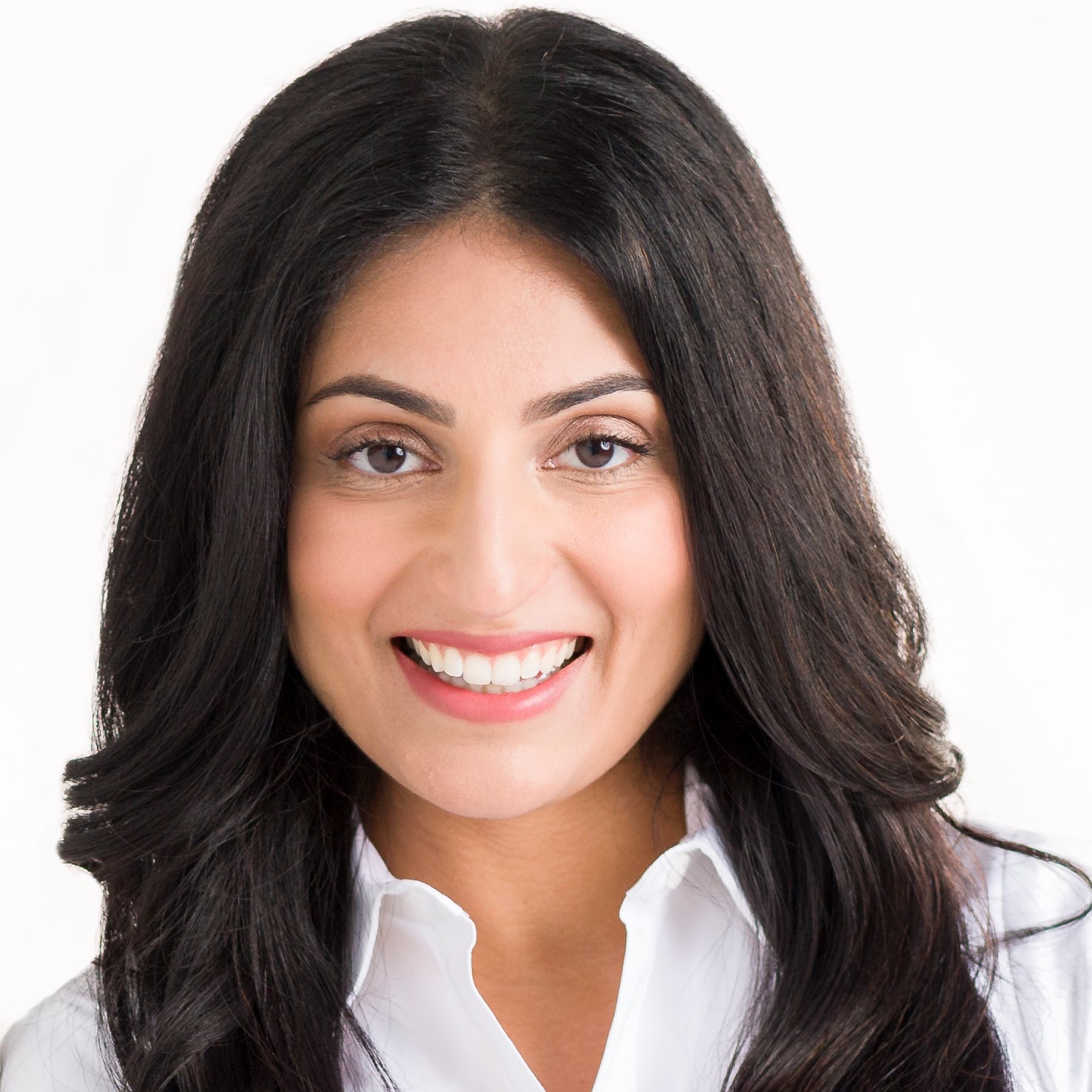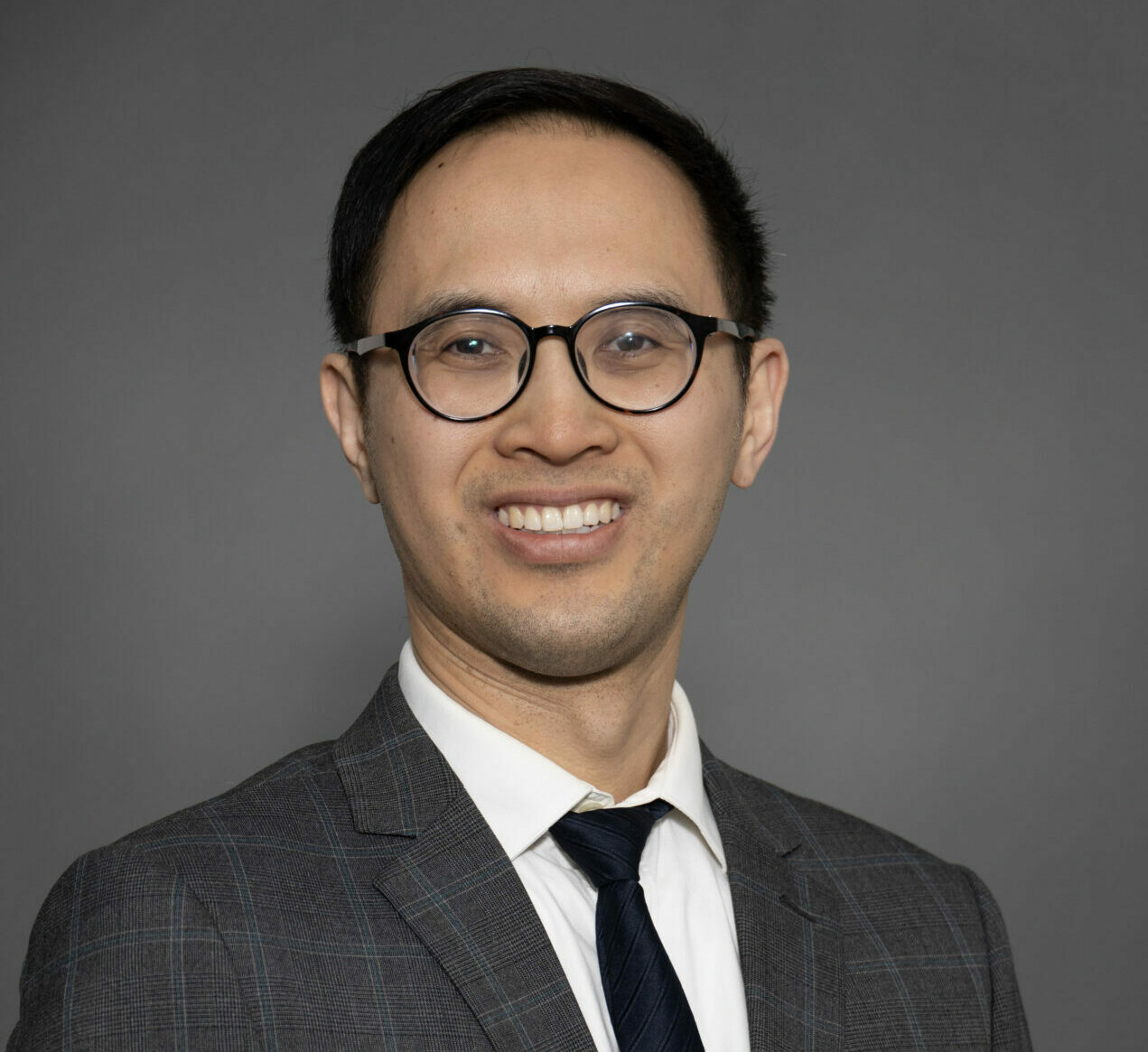Canada—On June 15, 2023, Kids Brain Health Network and Autism Alliance of Canada hosted a panel titled, “Challenges, Best-Practices, and a Way Forward: Looking at National Autism Strategies through the Lens of the Convention on the Rights of Persons with Disabilities (CRPD),” at the United Nations headquarters in New York. The panel brought together persons with lived experience, international policy makers, practitioners from multiple State Parties, researchers, and Autism Alliance of Canada-Kids Brain Health Network Policy Fellows, to discuss the alignment of autism strategies with articles of the CRPD that are of primary importance to Autistic people: Article 9 (accessibility), Article 24 (education), and Article 27 (work and employment).
In line with the COSP16 overarching theme, “Harmonizing national policies and strategies with the CRPD: Achievements and Challenges,” this Side Event also examined the crucial role of intersectionality in shaping the experiences of Autistic people, and how this impacts policy development.
Autism is a complex developmental condition that shapes the experiences of millions of people worldwide. While it can present challenges in communication, social interaction and behavior, it is also a profound expression of neurodiversity, characterized by a range of unique strengths. Autistic persons worldwide continue to face major barriers violations of their human rights, such as their rights to education, housing, and employment. These human rights violations can be compounded by the oppressive and marginalizing effects of intersectionality. By fostering a space for discussion and learning, this Side Event aims to spark new ideas and collaborations that will help build a more equitable and inclusive world for Autistic people everywhere.
With the leadership of Dr. Deepa Singal, Scientific Director of Autism Alliance of Canada, and Dr. Jennifer Zwicker, Deputy Scientific Officer for Kids Brain Health Network, this panel, featuring Kids Brain Health Network-Autism Alliance of Canada policy fellows, Christiane Roth, Alexandra Minuk and Dr. Preeti Kar, showcased States’ successes and challenges in implementing national autism strategies and policies to address barriers to realizing the human rights of Autistic people. Fellows were joined by Yvonne Spicer, Autistic self-advocate and Ambassador of Autism Canada, Sarah Ewart, Labour and Employment Lawyer at Forte Workplace Law, as well as international panelists, Dr. Susan Daniels, National Autism Coordinator of U.S. National Institutes of Health and U.S. Department of Health and Human Services; Dr. Alistair de Gaetano, Administrator of the Maltese Government’s Directorate for Disability Issues (DDI) and Chairperson of the Autism Advisory Council at the Government of Malta; and Harald Neerland, President of Autism Europe.
We are honored to amplify the perspectives and experiences of Autistic persons at the United Nations. Such inclusivity and empowerment drive positive outcomes for the global Autistic community. Together, we strive for a future where each Autistic person is valued and celebrated.

Inclusive policy-making benefits both the individuals, by realizing their equal rights, and the state, by creating conditions for all to thrive. Together, the panelists facilitated a dynamic discussion on how civil society can advance the development of a framework for CRPD-harmonized, rights-based autism strategies.
“Autistic people need to be meaningfully involved in policy that impacts their lives,” said Yvonne Spicer, “It is important to have people share their lived experience, to share the realities of what living with autism is truly like for them. Just because a person is diagnosed with autism, does not take away their uniqueness as a person. Not all people who have autism are the same. That is why it is important for people with lived experiences to have the opportunity to share their own experience, knowledge and insight. No one knows better than the person experiencing it.”
To this, Sarah Ewart added, “A goal of any autism policy, whether it pertains more to Autistic children, Autistic adults, or caregivers and other actors, should be that Autistic children will become Autistic adults who are content, supported, able to access their rights, and have unlimited opportunities. Autistic people themselves are the only true experts on how to reach that goal. Any autism policy created without Autistic self-advocates with a variety of lived experiences at the forefront will at best have limited success and at worst, harm Autistic people.”
At Autism Alliance of Canada’s 9th Annual Canadian Autism Leadership Summit (CALS2023), a call to continue the conversation.
On April 18, 2023, at the 9th Annual Canadian Autism Leadership Summit (CALS2023), hosted by Autism Alliance of Canada, Kids Brain Health Network-Autism Alliance of Canada Policy Fellows shared the stage with Yvonne Spicer and Sarah Ewart to present, “Using a Rights-Based Approach to Look at Autism Policies Around the World.” This presentation was summarized at the UN Side Event which took place on June 15, 2023.
Autism Alliance of Canada strives to build community capacity through knowledge exchange. Our Annual Canadian Autism Leadership Summit is one such example of how we action this mission. The learnings gained throughout CALS2023 are integral as the Alliance and our members continue to work closely with the government to guide Canada’s National Autism Strategy. As the global movement to develop targeted autism policies is gaining momentum, we are proud to facilitate opportunities to convene thought leaders from across the world and to strengthen our partnerships from coast to coast.

“As Canada develops policy related to the National Autism Strategy and pan-disability strategy, there are a lot of promising practices that can be learned from other UNCRPD signatory countries,” said Dr. Zwicker. “Presenting and discussing findings from our review of autism strategies at the UNCRPD meeting provides an incredible opportunity to further a dialogue on learnings internationally. This is a fantastic example of the power of partnerships between Kids Brain Health Network and partners like Autism Alliance of Canada.”
“One of the greatest obstacles to achieving inclusive education in Canada seems to be a lack of agreement over its definition,” said policy fellow Alexandra Minuk. “The UNCRPD serves as a framework for our scoping review of national autism strategies, emphasizing the importance of physical, academic, and social inclusion of individuals with disabilities in education—not only in childhood through schooling—but also in adulthood through the pursuit of lifelong learning. Using this conceptualization of inclusive education in our work as policy fellows has shaped my understanding of priorities for both inclusion research and practice, which I hope will inform Canada’s development of its own federal framework on autism.”
Challenges, Best-Practices, and a Way Forward: Looking at National Autism Strategies through the lens of the CRPD
Autism Alliance of Canada and Kids Brain Health Network are deeply committed to amplifying the perspectives of Autistic persons, bringing to the forefront the barriers impeding them from exercising their full human rights. “Inclusive political participation is crucial for democratic societies because it ensures that everyone has the chance to be involved in decisions that affect the public,” said policy fellow Christiane Roth. “By following the principle of ‘Nothing About Us Without Us,’ Autistic persons should be able to actively participate in public and political life, so that policies and systems can be developed that truly consider their needs, rights, and viewpoints.”
“Sharing the outcomes of this work will inform autism policy around the world,” says Nicola Lewis, CEO of Kids Brain Health Network. “Our goal is to have a voice at the international level, in partnership with Autism Alliance of Canada, and fully aligned with the UN Convention on the Rights of Persons with Disabilities.”
At the conclusion of the Side Event, Dr. Singal issued a call to action to Autistic people, leaders of NGOs who are charged with policy advocacy and development, as well as government officials from around the world. “Together, we have the power to build upon the lessons we have learned, the best practices that we have developed and build upon this conversation so that we do not repeat mistakes,” said Dr. Singal. “Through this collective effort, we want to create momentum. We want to create a ripple effect that will reach every corner of the globe leading to a world where Autistic individuals and disabled people are respected, included and, provided with the necessary supports to thrive, and above all else, have their dignity. Let us seize this moment to forge new partnerships, exchange knowledge and collaborate on innovative policy solutions.”